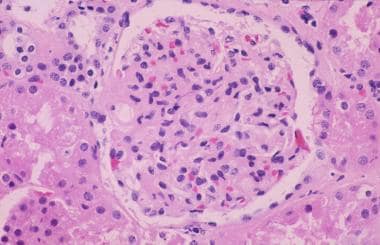Sodium bicarbonate treatment and clinical outcomes in CKD with metabolic acidosis: a meta-analysis
In a recent study by Ting-Ya, 2024, 14 studies looking at the effects of sodium bicarbonate on outcomes in CKD were combined, in what is called a meta-analysis.
Why is this important?
In patients with chronic kidney disease (CKD), impaired acid excretion by the kidney leads to the onset of metabolic acidosis (MA). This means higher acid levels in the blood. However, the evidence is not yet conclusive regarding the effects of sodium bicarbonate on treating CKD with MA.
What did the study show?
Fourteen RCTs comprising 2,037 patients demonstrated that sodium bicarbonate supplementation significantly improved eGFR.
The group receiving sodium bicarbonate also had a lower hospitalisation rate.
Higher mid-arm muscle circumference (MAMC) was observed with sodium bicarbonate treatment compared with those without.
However, higher risk of elevated systolic blood pressure was found with sodium bicarbonate treatment. No significant difference in all-cause mortality was noted.
Conclusion. In patients with CKD and MA, sodium bicarbonate supplementation may provide potential benefits in preventing deterioration of kidney function, reducing hospitalisation and increasing muscle mass.
However, treatment may be associated with higher blood pressure.
How does this affect you?
If you have CKD, especially when it is more advanced (CKD3B or CKD4), ask your doctor what is your bicarbonate blood level. If it is under 22 mmol/L, you have acidosis, and should be considered for sodium bicarbonate tablets.
Last Reviewed on 14 July 2024

